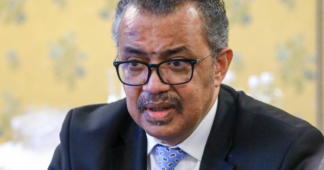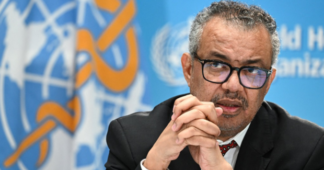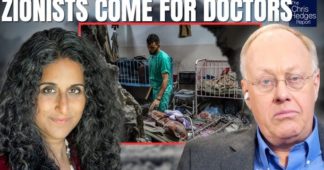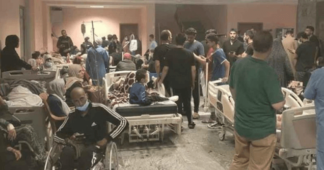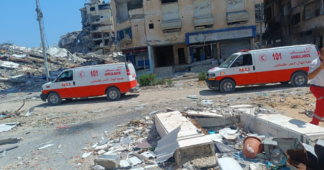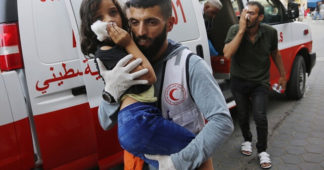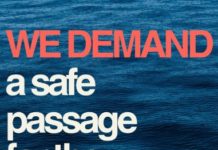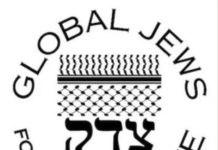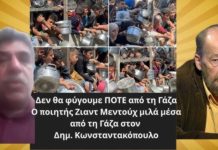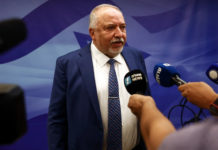In a searing FloodGate interview, Dr. Mimi Syed recounts the destruction of Gaza’s health system and the targeting of those who try to save lives.
By Romana Rubeo
Jun 2, 2025
In the latest episode of the FloodGate podcast, Palestine Chronicle managing editor Romana Rubeo and Palestinian-American physician Dr. Omar Akhter spoke with Dr. Mimi Syed, an American board-certified emergency physician who twice traveled to Gaza in 2024—first in August and then again in December—to work at Al-Aqsa and Nasser hospitals.
Her testimony is raw and unsparing. Drawing from her experiences on the ground, Dr. Syed speaks about the total collapse of Gaza’s healthcare system, the deliberate dehumanization of Palestinians, and the brutal toll of war and siege on children and families.
Her voice, both clinical and profoundly human, offers an urgent account of genocide in motion. But above all, she refuses to be silent. Through her words, we are reminded of the power of bearing witness.
Here are five major takeaways from the interview:
Healthcare under Siege
Gaza’s health system was already under immense strain after years of blockade and repeated assaults.
What Dr. Syed witnessed in 2024, however, was a deliberate policy of dismantlement—one that leaves doctors with no tools, patients with no hope, and hospitals as little more than holding spaces for the dying.
“There were 36 functioning hospitals in Gaza before. Since then, it has gone down. I mean it’s less than half and those hospitals are not fully functioning, hey’re partially functioning.”
Even Gaza’s best-equipped facilities are now shells of their former selves, starved of supplies and isolated from any sustainable support.
“Nasser hospital has something like a CT scan, the only CT scan that’s functioning in that southern area. They are still lacking things like gauze, clean water, medication, not even enough pain medication or sedation,” she said.
Beyond Injuries
War is often reduced to casualty numbers, but Dr. Syed makes clear that the deeper devastation lies in what those numbers obscure: hunger, disease, grief, and the permanent scarring of a generation.
For Gaza’s children, injury doesn’t end with survival. In most cases, it begins there.
“When you talk about malnourishment, for example, malnourishment in prenatal, in women who are pregnant, you’re basically embedding it in the rest of society for the future.”
She recounted the story of Mira, a child who was saved—but not healed.
“The little girl Mira, who, yes, we saved her life, but what about the ongoing care? Repeated infection? Her mother sustaining an injury that is debilitating for the rest of her life?” she said.
Targeting of Medical and Media Personnel
Dr. Syed described a reality in Gaza where being a healthcare provider or journalist doesn’t grant protection—it increases your risk of being killed.
She commented on the tragic Rafah paramedic massacre, where 15 aid workers, including eight members of the Palestine Red Crescent Society, five civil defense, and one UN agency employee, were killed by Israel last March.
“Each paramedic was shot, I think it was something like 20 times each. That can’t be crossfire, that’s not a mistake,” Dr. Syed said.
Even more appalling is the sham process that follows such crimes. As she noted, the very perpetrators are tasked with conducting the investigations.
“It’s unheard of to commit a crime and then to investigate your own crime, sounds comical,” she noted.
Free Speech under Threat
Bearing witness to atrocity comes with a heavy price—not only in Gaza but in the United States as well. Dr. Syed explained how physicians like herself are threatened, blacklisted, or punished simply for telling the truth.
“People like myself and my colleagues are being scared into being silent, our licenses, our careers, our physical safety.”
However, Dr. Syed said she refuses to comply.
“I will use every energy, every ounce of energy in my body to speak out against this,” she said, adding: “Shooting children in the head is wrong; starvation is wrong”.
Collective Action and Humanization
At the heart of this interview lies a call to resist the dehumanization of Palestinians.
For Dr. Syed, this begins with reclaiming their stories, naming the violence for what it is, and standing visibly in solidarity—even when it feels small.
“When people go out into the streets and protest, saying that it’s wrong despite trying to be silenced, it sets the tone for other people to be able to speak up.”
That solidarity, according to Dr. Syed, has a multiplying effect. But it also has a purpose: to restore the humanity that colonial violence has sought to erase.
“When you dehumanize an entire population like that, you can justify shooting a small child in the head. That’s a true rhetoric. I’ve heard people say that.”
Dr. Syed reminded that it is not enough to treat wounds; we must also treat the world’s indifference to Palestinian suffering.
We remind our readers that publication of articles on our site does not mean that we agree with what is written. Our policy is to publish anything which we consider of interest, so as to assist our readers in forming their opinions. Sometimes we even publish articles with which we totally disagree, since we believe it is important for our readers to be informed on as wide a spectrum of views as possible.
